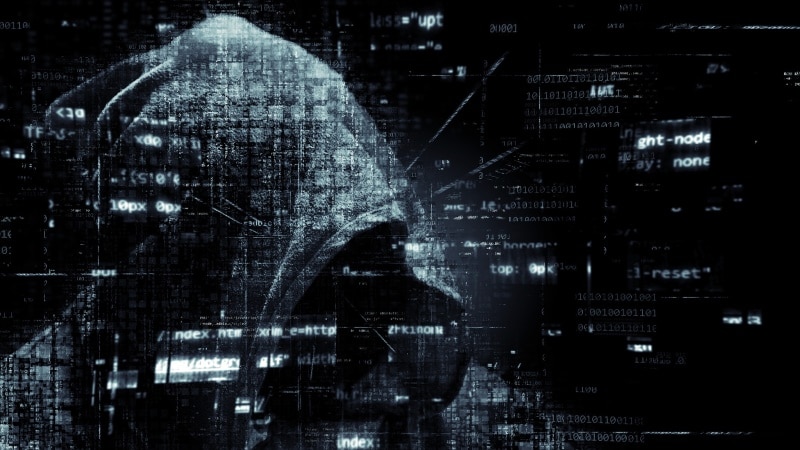
An alleged computer hacker appealed to British judges on Thursday to block his extradition to the United States, arguing that he'd be subjected to inhuman conditions in the American justice system.
Lauri Love, 32, faces 99 years in prison on cyber-hacking charges for allegedly compromising networks between October 2012 and October 2013 and stealing data. He has been charged in three US states - New Jersey, New York and Virginia.
His attorney, Edward Fitzgerald, says it would be "unjust and oppressive" to extradite him because of his severe mental disorders. Love suffers from Asperger's syndrome and a depressive illness.
"We are trusting in the justice system and trusting in God," Love's father Alexander told reporters outside the High Court after the appeal.
The alleged hacker is appealing an earlier ruling by Judge Nina Tempia, who said that while he "suffers from both physical and mental health issues," the US prison system is capable of meeting his needs.
American attempts to extradite UK hackers have often become politicized in the past. The Love case is reminiscent of that of Gary McKinnon, another alleged cyber-hacker with Asperger syndrome who eventually managed to avoid extradition to the United States after a decade-long battle.
British law allows judges to block extradition if a "substantial measure" of the alleged offence took place in Britain and extradition would not be in the interest of justice.
Love's lawyers argue that if he is to be tried anywhere, it should be in Britain.
Peter Caldwell, representing the United States, told the judges that American authorities said "any risk to the appellant would be appropriately managed."
Judges Ian Burnett and Duncan Ouseley will issue a decision at a later date.


